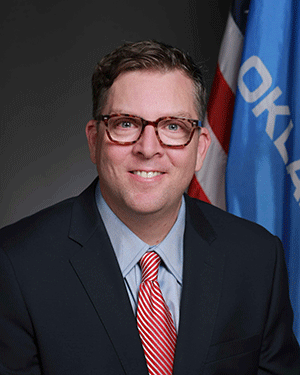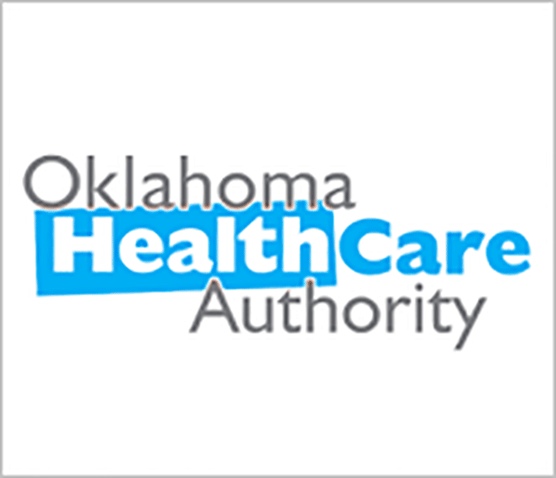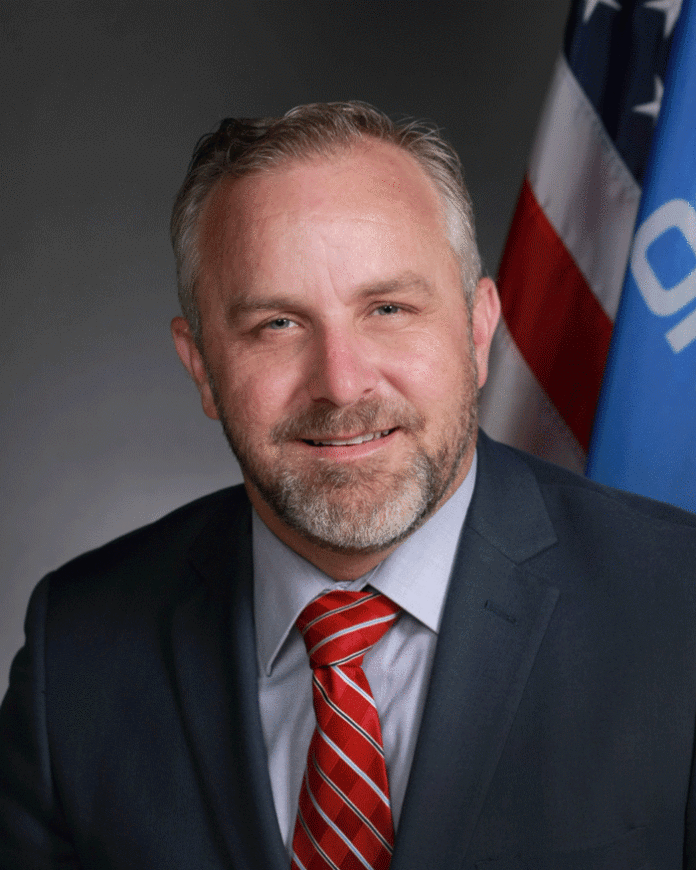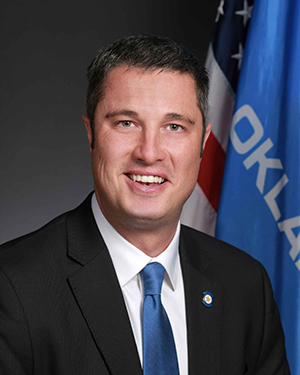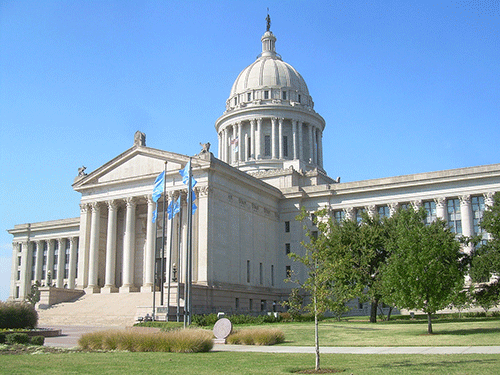Oklahoma City, OK – Starting Tuesday, June 1, those adults eligible under the expanded Medicaid guidelines can apply for SoonerCare. Benefits for those who qualify will begin on July 1.
On June 30, 2020, Oklahomans voted to expand SoonerCare eligibility to adults ages 19-64 whose income is 138% of the federal poverty level or lower through Medicaid expansion. This change equates to an estimated annual income of $17,796 for an individual or $36,588 for a family of four. More than 200,000 people who previously were ineligible for SoonerCare will now qualify.
“It’s been nearly one year since Oklahomans voted to expand SoonerCare, giving access to affordable quality health care to more Oklahomans than ever before,” said Kevin Corbett, CEO of the Oklahoma Health Care Authority. “We look forward to welcoming and serving these new members on SoonerCare, and helping Oklahoma become a top 10 state for positive health outcomes.”
90% of costs for expansion enrollees will be paid by the federal government. The Oklahoma legislature recently approved a budget of $164 million in funding for Medicaid expansion.
Maximizing federal funding allows the state the ability to:
· Promote integrated care and improve health outcomes, including reinstating an adult dental benefit in SoonerCare, with a focus on primary and preventive dental services.
· Implement substance use disorder and serious mental illness waivers to expand access to prevention and treatment services.
· Coordinate with jails and prisons to help former inmates apply for SoonerCare coverage upon release, helping them get access to important behavioral health services immediately, thus reducing the risk of recidivism.
· Helps jails and prisons capture additional SoonerCare funding for hospitalizations and surgeries as allowed under federal Medicaid law.
How can people apply?
· Online at www.MySoonerCare.org
· Apply by phone by calling the SoonerCare Helpline 800-987-7767
· Fill out an English or Spanish application and mail it to the address on the application
· Apply through one of our agency partner facilities
Training opportunities are available for community partners. Those who are interested are encouraged to reach out to OHCA by emailing AgencyPartners@okhca.org. A toolkit is available for community partners at https://oklahoma.gov/ohca/individuals/mysoonercare/community-partners.html.
The adult population will be under the current SoonerCare Traditional Plan until October 1. Those adults approved for SoonerCare benefits through expansion will then transition to a managed care service delivery model called SoonerSelect.
SoonerSelect will be implemented in partnership with four medical plan organizations and three dental plan organizations. Members will select whichever plan they prefer for their coverage. Medical and dental providers must contract with at least one of the plans to continue serving SoonerCare members.
The following SoonerCare populations, including those eligible through Medicaid expansion, will be asked to choose from one of the health plans: children, low-income parents, and pregnant women. American Indian/Alaska Native members are considered voluntary and will have the option to opt-in to a managed care plan.
The SoonerSelect medical plans are BCBSOK, Humana Healthy Horizons in Oklahoma, Oklahoma Complete Health and UnitedHealthcare. The three dental plans are DentaQuest, LIBERTY Dental and MCNA Dental.
“Oklahoma is one of only ten states that has not moved to managed care for their Medicaid population. Under Oklahoma’s current fee-for-service system, Oklahoma ranks among the worst in the nation in health outcomes and we’re not getting any better,” said Corbett. “Moving to managed care in Oklahoma is important, so we can improve health outcomes and reduce costs.”
For the latest information on these changes, visit https://oklahoma.gov/ohca.



